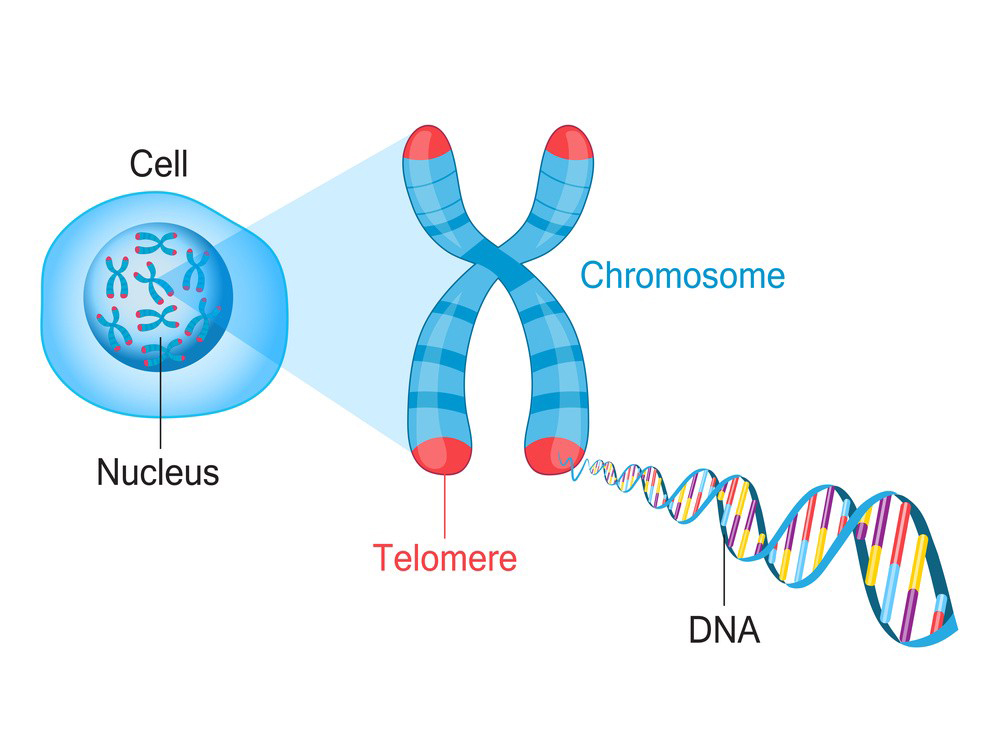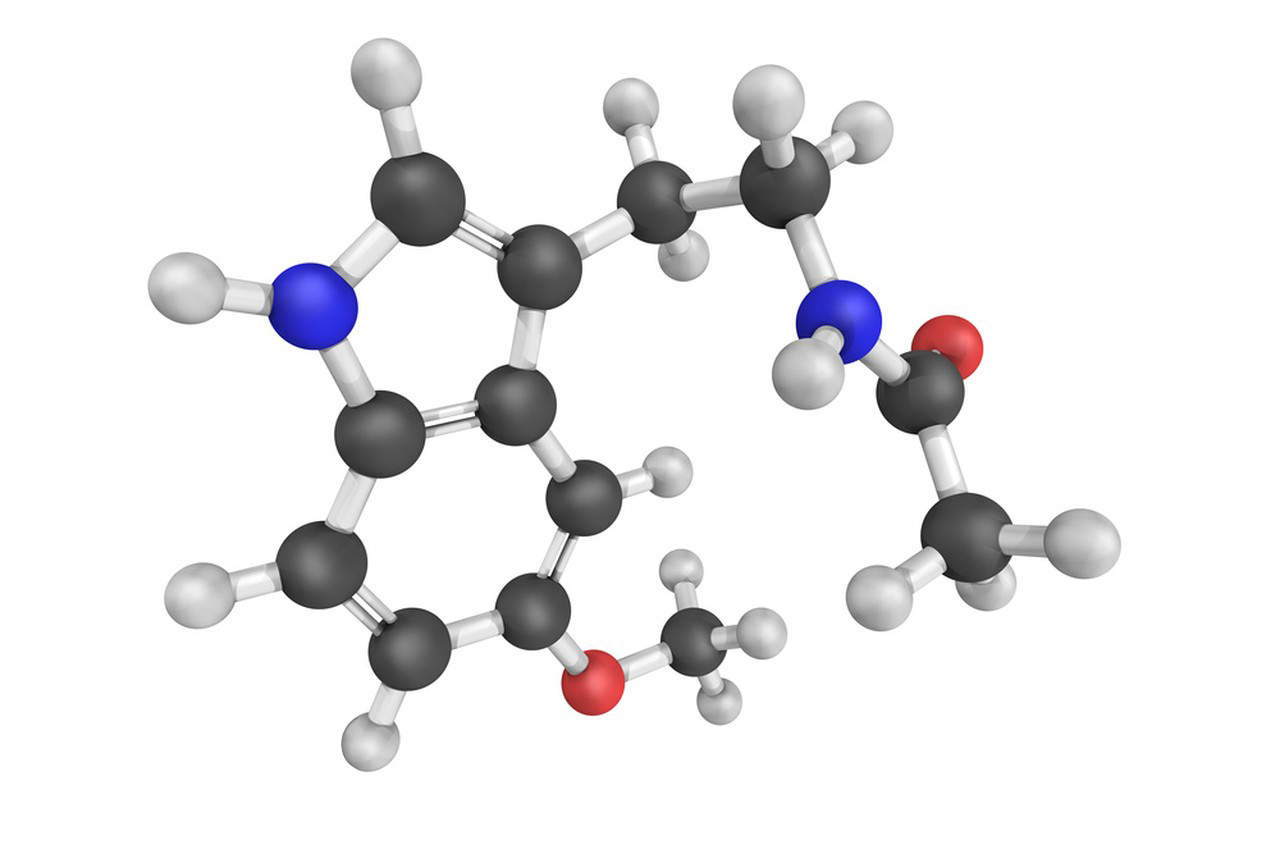Epitalon, also known as epithalamin, is a synthetic peptide consisting of four amino acids (alanine, glutamic acid, aspartic acid, and glycine). It is derived from the natural peptide called epithalamine, which is produced in the pineal gland. Epitalon has gained attention for its potential anti-aging and life-extending properties, although research in this area is still in the early stages.
Here are some general aspects of the materials and methods associated with Epitalon:
Materials of Epitalon:
1.Epitalon (Epithalamin):
This is the synthetic peptide itself, typically obtained from a reputable source or pharmaceutical supplier.
2.Solvents:
Suitable solvents for dissolving and preparing Epitalon for administration.

Methods of Epitalon:
1.Peptide Synthesis:
Epitalon is typically synthesized using solid-phase peptide synthesis (SPPS) or a similar method. This involves building the peptide chain step by step on a solid support.
2.Purification:
After synthesis, the peptide is purified to remove any impurities or incomplete peptide sequences. Techniques such as high-performance liquid chromatography (HPLC) are commonly used for purification.
3.Characterization:
The synthesized and purified Epitalon is characterized to confirm its identity and purity. Techniques such as mass spectrometry and analytical HPLC may be used for this purpose.
4.Formulation:
Epitalon may be formulated into a suitable solution or dosage form for administration. The formulation process may involve the use of appropriate solvents and excipients.
5.Administration:
The route of administration for Epitalon may vary, and it can be administered through subcutaneous or intramuscular injection. The dosage and frequency of administration may also vary depending on the specific protocol being followed.

6.Research Studies:
Epitalon’s effects, especially its potential anti-aging properties, are studied in laboratory settings. Animal models and in vitro experiments may be employed to investigate its impact on various biological processes.
7.Ethical Considerations:
If Epitalon is being used in research involving human subjects, ethical considerations and regulatory approvals must be adhered to. This ensures that the research is conducted in an ethical and safe manner.
It’s important to note that while Epitalon has shown promise in preclinical studies, its safety and efficacy in humans are not yet fully established, and further research is needed. Before considering the use of Epitalon or any similar substances, individuals should consult with healthcare professionals and stay informed about the latest scientific findings.
